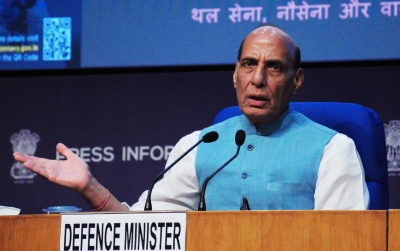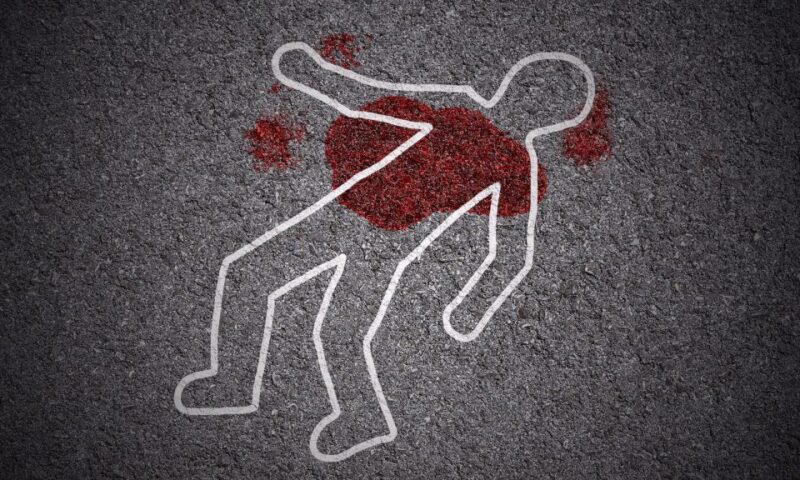‘To rectify miscarriage of justice’, SC acquits man in wife’s murder case after 22 yrs

New Delhi, April 3: The Supreme Court has recently acquitted a man who was convicted of murdering his wife almost 22 years ago, saying his conviction was “travesty of justice”, and it is the court’s duty “to rectify miscarriage of justice”.
A bench comprising justices B.R. Gavai and Sanjay Karol said: “The courts below presumptively, proceeded with the acquired assumption of the guilt of the accused for the reason that he was lastly seen with the deceased, and lodged a false report, forgetting that as per the version of the father of the deceased, father of the accused had himself apprised him of his missing daughter, at least two days prior to the incident.”
Justice Karol, who authored the judgment on behalf of the bench, said doubt and suspicion cannot form the basis of guilt of the accused and the circumstances linking the accused to the crime are not proven at all, much less beyond reasonable doubt.
The bench said: “We may reiterate that, suspicion howsoever grave it may be, remains only a doubtful pigment in the story canvassed by the prosecution for establishing its case beyond any reasonable doubt.”
It noted that there is no evidence: ocular, circumstantial or otherwise, which could establish the guilt of the accused. There is no discovery of any fact linking the accused to the crime sought to be proved, much less, established by the prosecution beyond reasonable doubt, said justice Karol.
He said: “In normal course of proceedings, this court does not interfere with the concurrent finding of facts reached by both the courts below. It is only in exceptional cases where we find the concurrent findings to be absurd, leading to travesty of justice, it is our duty to rectify miscarriage of justice.”
The bench added that the courts below have seriously erred in passing the order of conviction based on incorrect and incomplete appreciation of evidence, causing serious prejudice to the accused, also resulting in travesty of justice. “It is our bounden duty to ensure that miscarriage of justice is avoided at all costs and the benefit of doubt, if any, given to the accused,” it added.
The top court’s judgment came on an appeal filed by one Guna Mahto challenging a 2004 Jharkhand High Court judgment, which upheld his conviction and life sentence awarded by the trial court in 2001. The petitioner’s wife was found murdered in August 1988. Her body was found in the well of the village.
The father of the deceased had not stated anything against the accused in relation to the crime. “He states that two days prior to the recovery of the dead body, the father of the accused had informed him that the deceased had eloped with someone. But with whom? He does not mention,” noted the bench.
Acquitting Mahto, the bench said: “We set aside the orders passed by both the courts below. Since the appellant is already on bail, his bail bond shall stand discharged. Appeal stands allowed.”
Source: IANS






